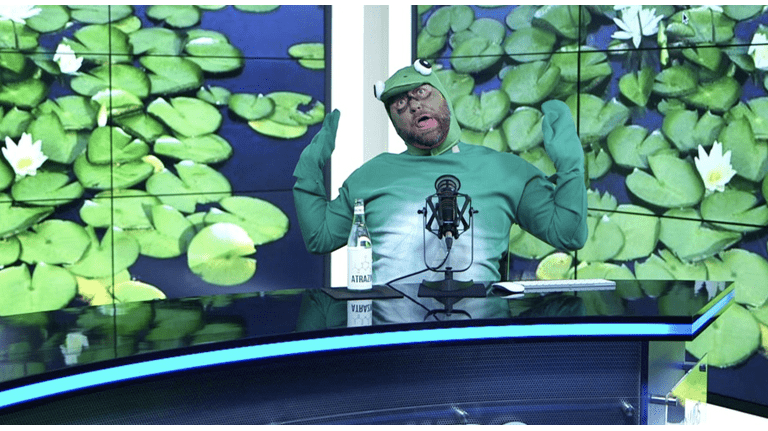

In fact, many of today’s societal problems have been blamed on the pervasiveness and influential nature of fake news. In this bizzare, new era, fake news occupies all forms of media. According to Westneat (2017), “The information war is real, and we’re losing it.” Parasocial relationships seem to be more powerful than ever, as illustrated by fake news, inflamed divisiveness in the western word, weaponization, and Russia’s countless bots, trolls, and social media pages. Horton and Wohl (1956) originally identified “para-social relationships” as the one-sided relationships audiences have with mediated personae, namely people we see on television. relationships,” or PSRs (e.g., Horton & Wohl, 1956) and have a tendency to shape our senses of reality and reactions to those senses of reality. Such relationships are called “parasocial. Much of our responses to fake news, whether we buy into it or not, center around the one-sided relationships we have with people whom we see in the media. View projectĮxploitation of Americans’ information diets by foreign powers for the purpose of creating civil unrest is a well-documented practice and relies on “knowing” people whom we will never meet.

On the other hand, negative and even mixed portrayals of polygamists can reinforce our existing stereotypes and prejudices. I found strong support for the parasocial contact hypothesis, and argue that with positive portrayals over time, viewing individual characters in such shows could erode the sense of “divergence” we feel as a result of our unfamiliarity with the practice. Part of our habit of tuning in is related to how we process portrayals of individual polygamists we compare ourselves with them, sometimes upwardly or downwardly, and may build parasocial bonds with them through our screens. Yet, we are captivated by television shows that focus on polygamy. The findings in these studies demonstrate that Americans never cared for polygamy and continue to find little appeal for its practice. Using historical research, semi-structured interviews, surveys of viewers and students, and an experiment, I explored the issue of tolerance among different types of Americans. Specifically, it looked at how audiences form attitudes toward the practice of polygamy and it s participants in light of viewing its portrayals in popular television entertainment. This dissertation examined tolerance of polygamists as a result of exposure to television programming. Although the times may be terrifying for some, human imagination remains a powerful tool for coping with the past, the present, and the future. We identify the functions and attributes of IIs that predict affective discomfort and offer suggestions for how people may use visualization and imagination to overcome the despair of unprecedented election results. This study explores the role of imagined interactions (IIs) with Donald Trump among those experiencing depression and learned helplessness as results of electoral defeat, as well as the winners - those who like Trump’s policies. For some, such lists provide sources of humor while for others they remain sources of horror - and powerful reminders that we live in uncertain and constantly changing times. In 2018, a common internet trope is to list the 2016 naysayers’ predictions that Hillary Clinton would crush Donald Trump in the election. More than a year later the damage to the psyche of large segments of Americans persists and the wounds remain open due in-part to the proliferation of social media. For many Americans the crippling blow came the night of Tuesday, November 8, and left a path of emotional devastation and confusion in its wake. In October of 2016 America visualized a Clinton win and seemed cocksure of itself, with that cocksureness heavily reinforced by polling agency results favoring Clinton and disseminated through both mainstream and social media. The Princeton Election Consortium predicted a 99-percent chance of Hillary Clinton winning the 2016 election - with a 95-percent confidence interval.


 0 kommentar(er)
0 kommentar(er)
